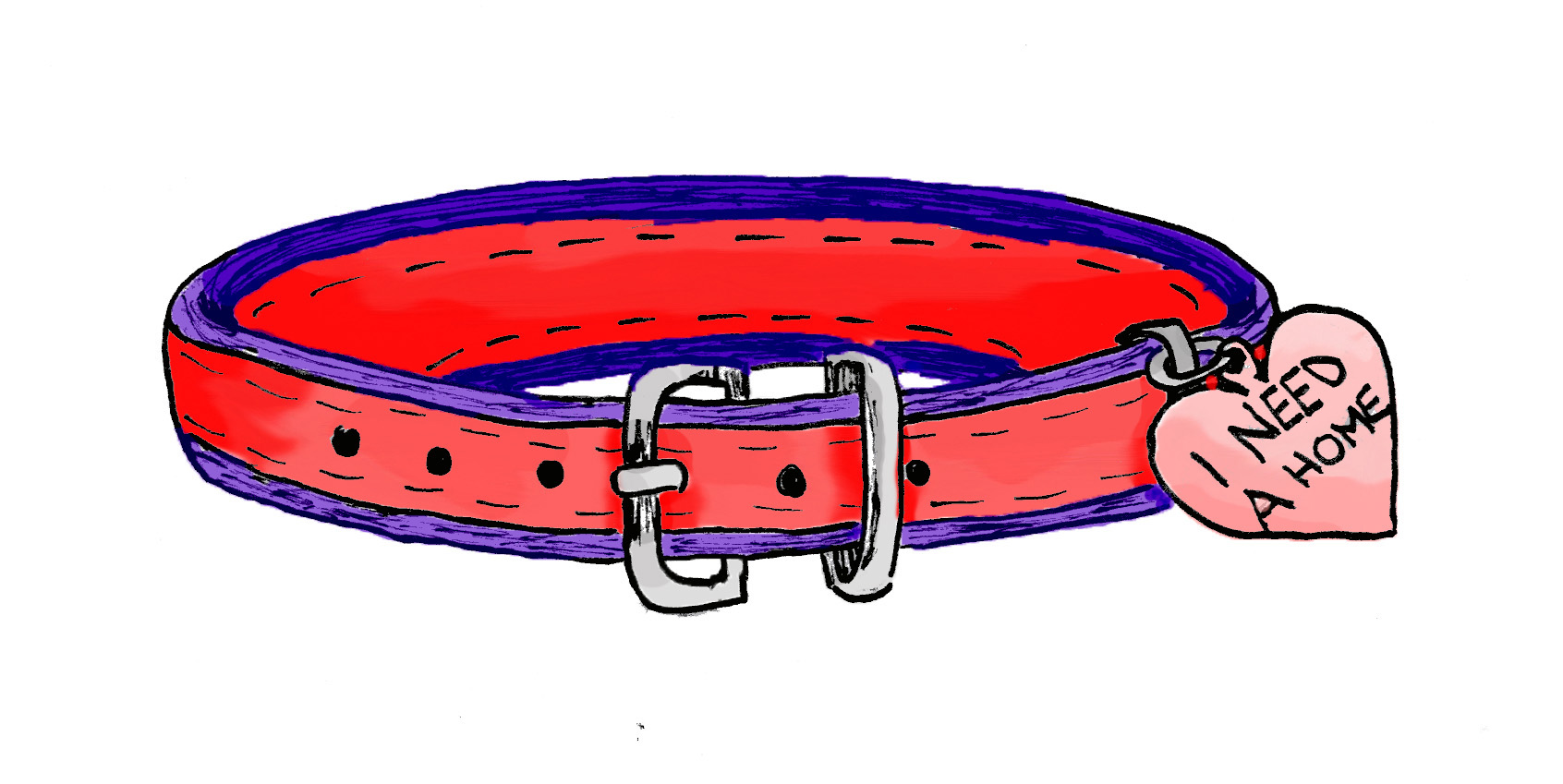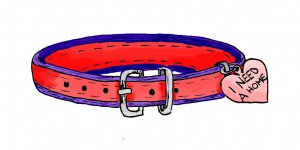Responsibility for pets a priority


A “plague of cats” is upon the Kitchener-Waterloo area, says Holly Wiseman, and according to city officials and Kitchener-Waterloo Humane Society representatives, something needs to be done.
Wiseman, the education coordinator for the K-W Humane Society, will be part of a collaborative effort with city staff to initiate a set of new rules and regulations for pet-owners.
Referred to as a “responsible pet ownership strategy,” the proposal will be a mixture of city bylaws, new licensing and enforcement and education strategies.
“The Humane Society is there for a reason,”said Wiseman. “We care about the welfare of the animals but we also want people to take responsibility themselves and have an understanding before they get a pet.”
Wiseman’s job at the Humane Society is to educate the community on the proper way to take care of animals and pets.
She explained that there is an overpopulation of cats in the K-W area and that each year around 4, 000 cats are left in the care of the Humane Society.
Statistically speaking, cats make up about two-thirds of the animals that are brought into the facility each year, an astounding 6, 000 animals in total.
“Basically, it is really important for people to become more responsible for their cats,” Wiseman said. “We want to see increased adoption rates and decreased euthanasia rates.”
The motion to establish the new strategy was approved by Waterloo City Council on Jan. 28.
Potential outcomes of the strategy could include initiatives such as cat licensing, banning the sale of animals that are not neutered, breeder licensing and making spay and neutering services more accessible and affordable.
“That alone will help decrease the number of cats that end up in shelters,” Wiseman added.
In terms of student pet-owners, it is strongly recommended that students research and become educated before formally adopting pets. To the average university student, bringing an animal into a home may seem like a good idea at the time, but unless the owners are properly educated, this impromptu decision can have harmful results.
Rose Rositano, a third-year business student at Wilfrid Laurier University, feels as though many of her peers are unprepared for the amount of work a pet actually is.
“To me, it seems that the stereotype is that cats are independent and you don’t really have to take care of them as much,” she said. “But when people say ‘Oh, it’s not as much work as a dog,’ it almost always is.They underestimate how much work it is and therefore can’t handle it.”
Rositano currently lives in a student house with four other roommates; of those four, one has a parrot. “I’ve come to realize that all animals are attention seekers,” she laughed. “It all depends on how much you take care of it.”
Wiseman asks students to be aware of their time commitment before adopting a pet. For those who have a large workload or who have a part-time job, she recommends doing some research before investing in a full-time animal.
“[This way] you can ensure that you have the time to spend with them, that you can afford to take care of them, so that you can keep them and commit to them,” Wiseman said. “So it doesn’t come to a time where you give up the pet and surrender it to a shelter.”
Although no time frame has been given, the responsible pet-owner strategy hopes to kick off as soon as possible to start implementing changes.

